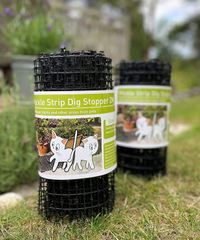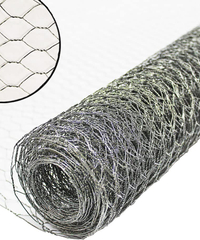Garden experts swear by this simple tip to stop animals from digging up bulbs
This cheap material will protect your plants against pests – and it's used by those in the know
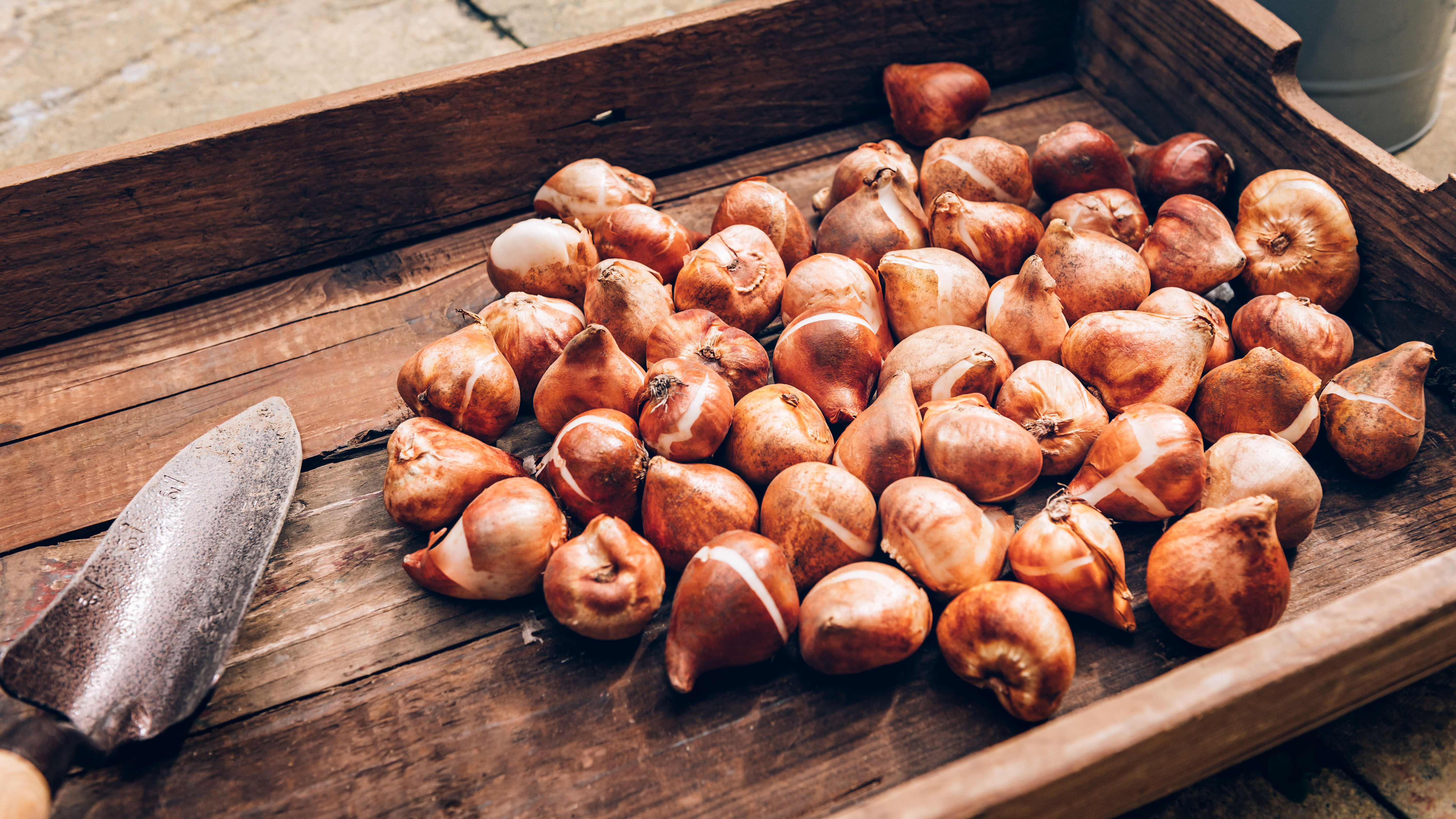

Experts have addressed the question that almost all green-thumbed enthusiasts ask themselves at some point in their gardening career: how do you stop animals from digging up bulbs? The answer (according to those who should know) is chicken wire. Yes, really.
While chicken wire is best-associated with animals that roam in a coop, experts have revealed that this mesh of wire is equally effective in controlling another type of animal – those that are destroying your crop.
If you've recently been planting bulbs in preparation for spring displays and want to ensure the bulbs stay firmly in the ground, you'll want to know about this affordable investment.
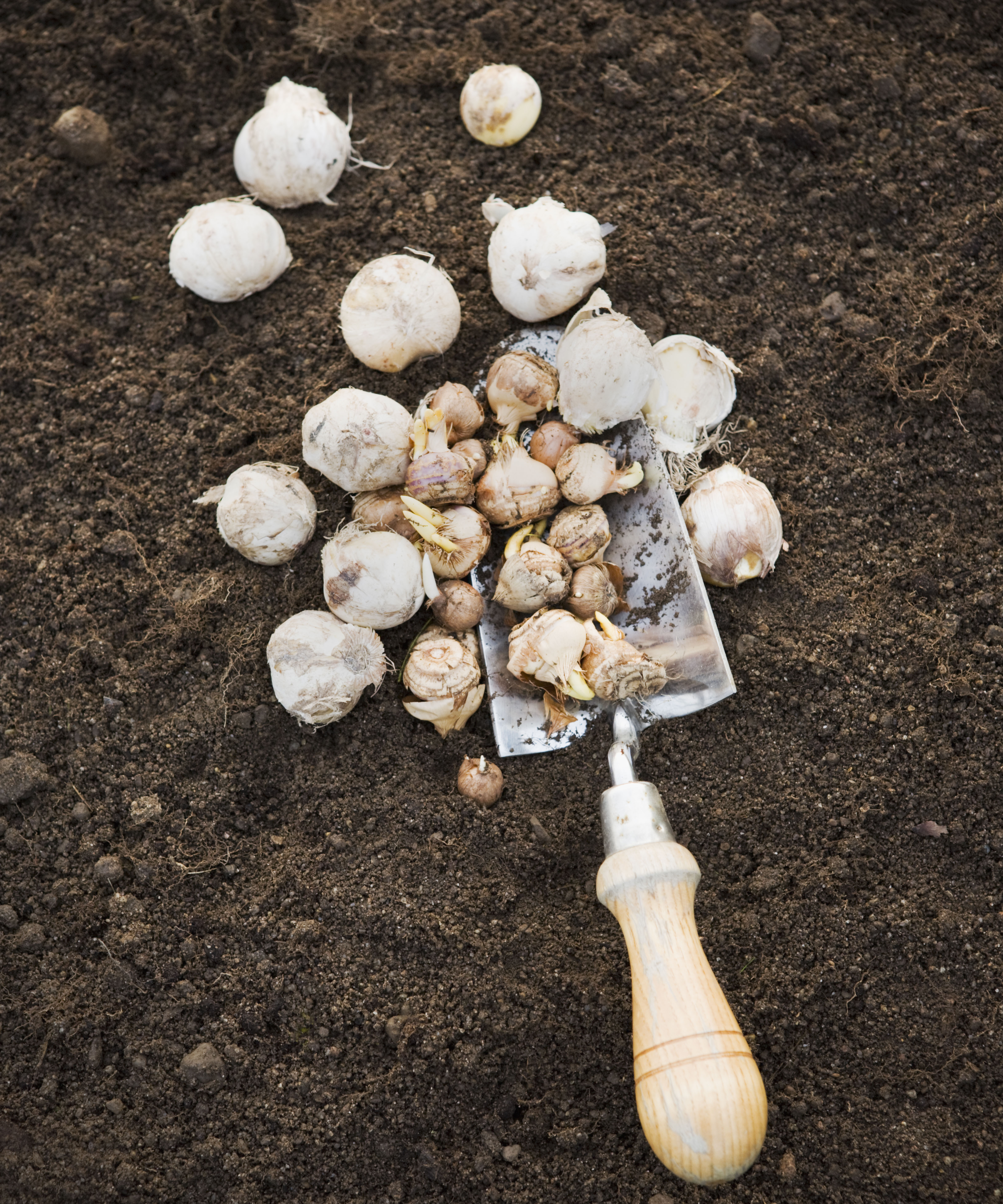
Alan Williams, the designer behind the Parsley Box Sanctuary Garden at this year's RHS Chelsea Flower Show, explains that you can protect your plants by adding a 'layer of chicken wire' over your planted bulbs. This will deter any animals from digging them from the ground and ensure a healthy crop.
And while Alan's tip may sound unorthodox, he is not alone in his suggestion. Expert Pol Bishop from Fantastic Services similarly uses the mesh to create a barrier between unwanted pests and his plants. 'Chicken wire is a quick and easy method for plants of all sizes,' Pol says. He similarly adds that prickle strips are an effective alternative.
'Recently, people have started purchasing prickle strips [such as these ones from Amazon] to protect their outdoor plants from animals,' Pol adds.
Plant Prickle Strip Dig Stopper | £19.99 on Amazon
This expert-approved prickle strip is simple to use, but hugely effective. They do not harm the animals that walk on them but make it uncomfortable so that they will not return.
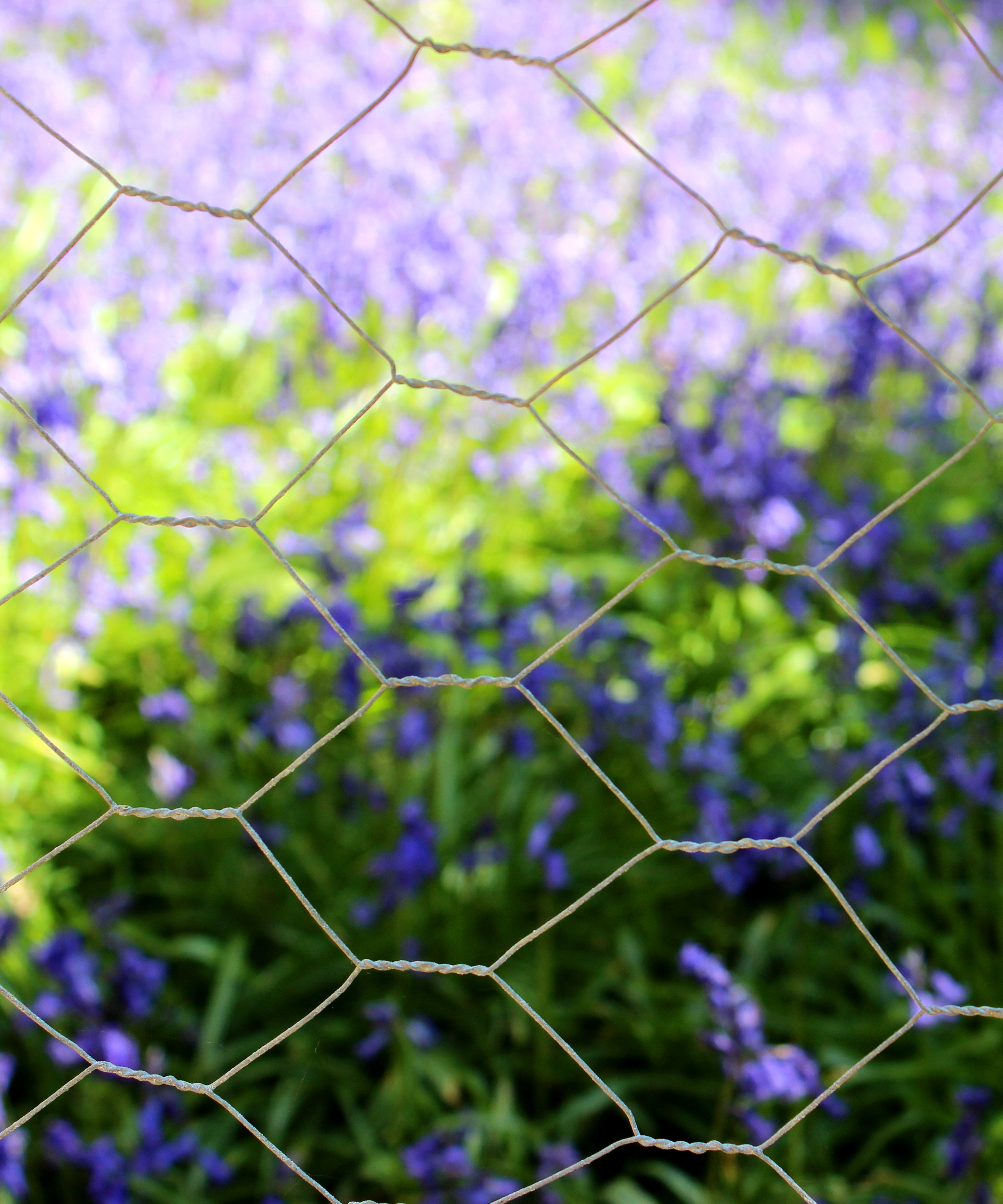
But which one is safer is to use when there are animals in the garden? Sharing his wildlife garden ideas, Pol walks us through the differences.
'Regarding chicken wire, it is best if you have an already built raised bed to have the wire put across,' Pol explains. 'If not, you can put evenly placed stakes around a plant to create a cloche. Most of the time, this is used for early plants, to protect them from dears, rabbits, and other unwanted animals.'
To ensure the chicken wire is used safely, he also explains that a cage 'should be a few centimeters taller than the plant, with the stakes keeping the cloche in place.' Then, you simply 'cut the wire, enough to circle the plant, whilst still leaving some room to spare.' After connecting the ends, you are left with a funnel or tube-like structure.
Galvanized Chicken Wire | £19.98 on Amazon
Feeling inspired? You can pick up this galvanized chicken wire that is perfect for the job via Amazon. This mesh is long-lasting and blends into your garden seamlessly.
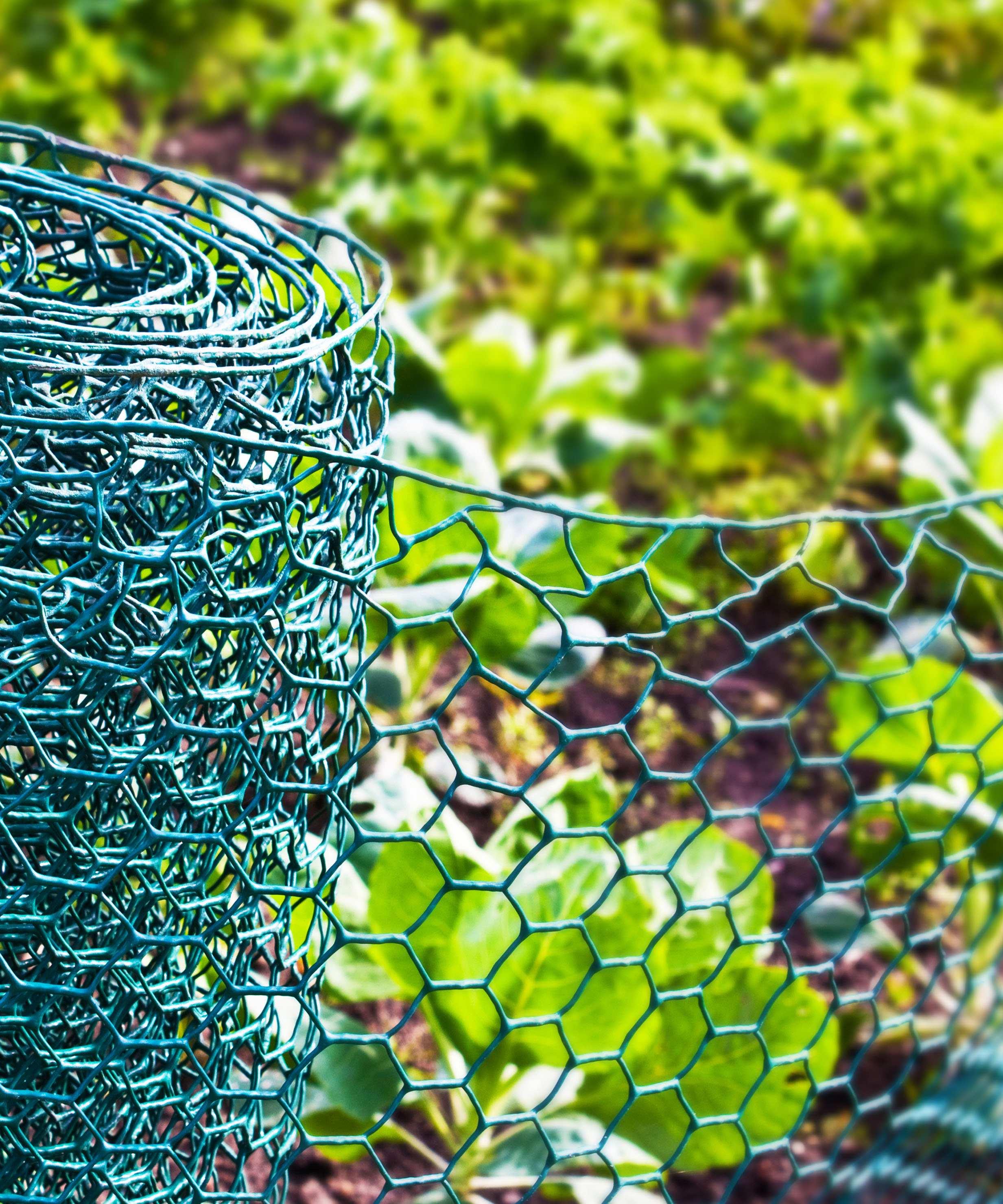
Meanwhile, prickle strips are also 'extremely easy to use' and need to be planted with their prickles facing up.
'It's safe for you and your pets, as it's made out of plastic. It wouldn't cause any harm, but it's slightly uncomfortable to step on,' Pol says. However, he does warn that their almost-scary prickles lack aesthetic appeal and so are not the best option if landscape design is your priority.
Whichever cheap garden idea you choose, you can look forward to a pest-free patch for the seasons ahead.
Megan is the News and Trends Editor at Homes & Gardens. She first joined Future Plc as a News Writer across their interiors titles, including Gardeningetc, Livingetc, and Real Homes. As the News Editor, she often focuses on emerging microtrends, sleep and wellbeing stories, and celebrity-focused pieces. Before joining Future, Megan worked as a News Explainer at The Telegraph, following her MA in International Journalism at the University of Leeds. During her BA in English Literature and Creative Writing, she gained writing experience in the US while studying in New York. Megan also focused on travel writing during her time living in Paris, where she produced content for a French travel site. She currently lives in London with her antique typewriter and an expansive collection of houseplants.
